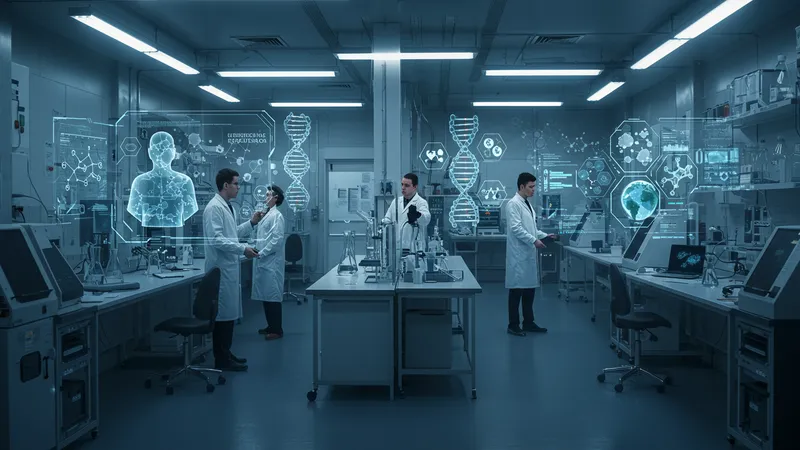
How To Find Success In Life Sciences & Biotech Careers
Ethical Dilemmas in Biotechnology
The advancement of biotechnology inevitably brings daunting ethical questions. For instance, with the capability to edit genes comes the question of where to draw the line. Is it ethical to alter the human genome to eliminate genetic diseases if it also involves playing with traits or appearances?

These moral quandaries extend to areas like cloning and synthetic biology. The creation of synthetic organisms raises concerns about ecological balance and the unforeseen impact on current biosystems. As such, theorists argue vehemently on both sides of these debates, emphasizing the critical need for ethical frameworks within research and application.
Despite these challenges, robust ethical guidelines and discussions are essential to ensure technology serves humanity’s best interests. As the field evolves, so do the regulations governing it. Keeping pace with both scientific innovation and moral standards is essential for industry professionals.
Professionals in the biotech field are not just researchers or engineers but stewards of ethics and responsibility. Navigating the moral dimensions of their work provides a wholly new layer of complexity, one that demands constant self-education and introspection. Yet, the future of biotech is reliant on responsibly pushing these boundaries, uncovering more than a few surprises along the way.